Events 2024-25

Freedom, Democracy and Economic Performance in the 21th Century
25/11/2024
Tim Besley
+
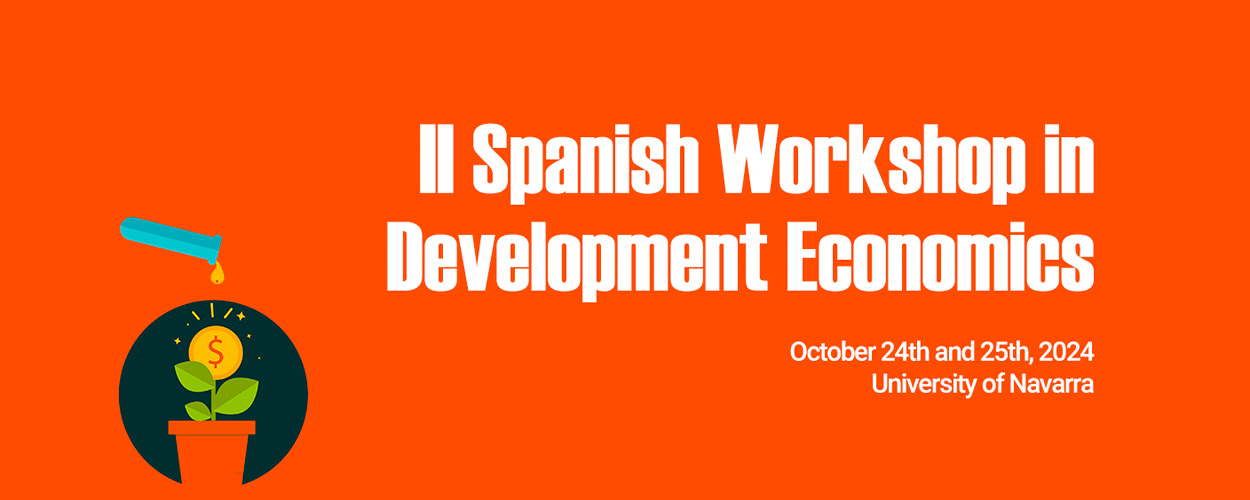
II Spanish Workshop in Development Economics
24/10/2024 al 25/10/2024
Enrique Seira & David Evans
+
“Generosity and Wealth: Experimental Evidence from Bogotá Stratification"
07-10-2024
Mariana Blanco (University of Turin)

Private Colonialism in Africa
02-10-2024
Elías Papaioannou (Professor of Economics, London Business School)
+
Events from previous courses

Causes and Consequences of Policy Uncertainty: Evidence from McGirt vs. Oklahoma
11-06-2024
Dominic Parker (Professor of Applied Economics at University of Wisconsin-Madison)
+

Externalities of Marijuana Legalization: Marijuana Use in Non-Legalizing Statesk
20-05-2024
Elaine M. Liu (Professor of Economics at University of Houston)
+
Do Homebuyers Value Energy Efficiency? Evidence From an Information Shock
26-04-2024
Brendon McConnell (Associate Professor in the Economics Department at University of London)

The End of Oil
25-04-2024
Ryan Kellogg (Professor at the University of Chicago Harris School of Public Policy) (Research Associate at the National Bureau for Economic Research)
+

If You Only Have a Hammer: Optimal Dynamic Prevention Policy
20-03-2024
Christopher Rauh (Faculty of Economics, University of Cambridge)
+
Immigration and Worker Responses Across Firms: Evidence from Administrative Records in Colombia
13-02-2024
Lukas Delgado-Prieto (Universidad Carlos III de Madrid)
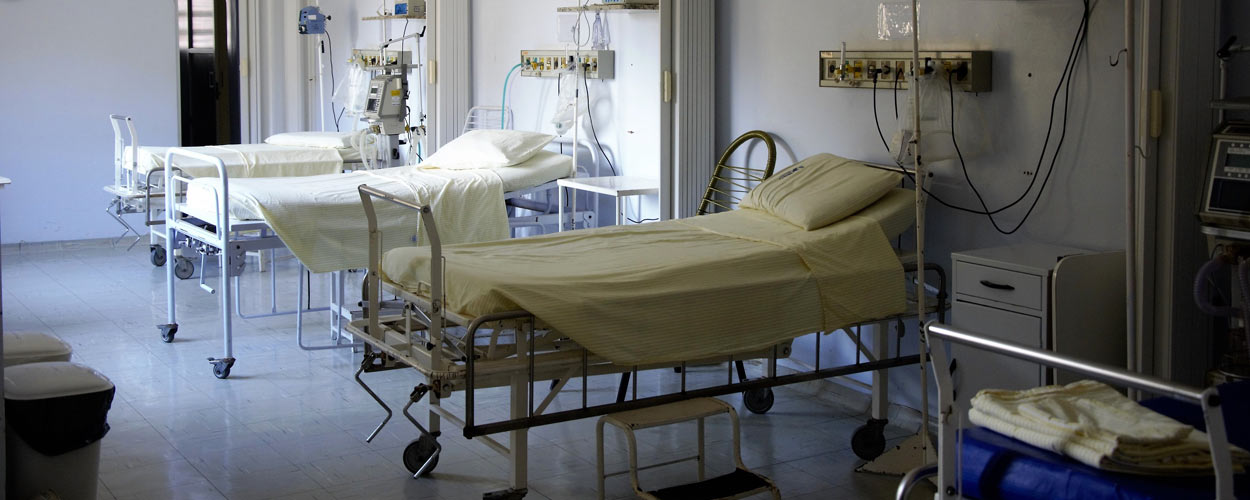
Cost-Sharing in Medical Care Can Increase Adult Mortality: Evidence from Colombia
12-02-2024
Marcos Vera-Hernandez (University College London)
+
Long-Run Effects of Land Redistribution: Evidence from India
07-02-2024
Kartikeya Batra (University of Maryland)

Incentives Justifying Nonconformity: Experimental Evidence from Motortaxi Organizations in Uganda
05-02-2024
Claude Raisaroa (Stockholm School of Economics)
+

Does Performance Evidence Motivate? A Field Experiment in Guinea-Bissau’s Health Sector
29-01-2024
Mattia Fracchia (Nova School of Business and Economics)
+

Information, expectations and preferences: occupational choices of young adults in Uganda
26-01-2024
Cristina Clerici (Stockholm School of Economics)
+

Accepting the unacceptable: Does intimate partner violence shape the tolerance of violence?
24-01-2024
Eugenia Frezza (Trinity College Dublin)
+
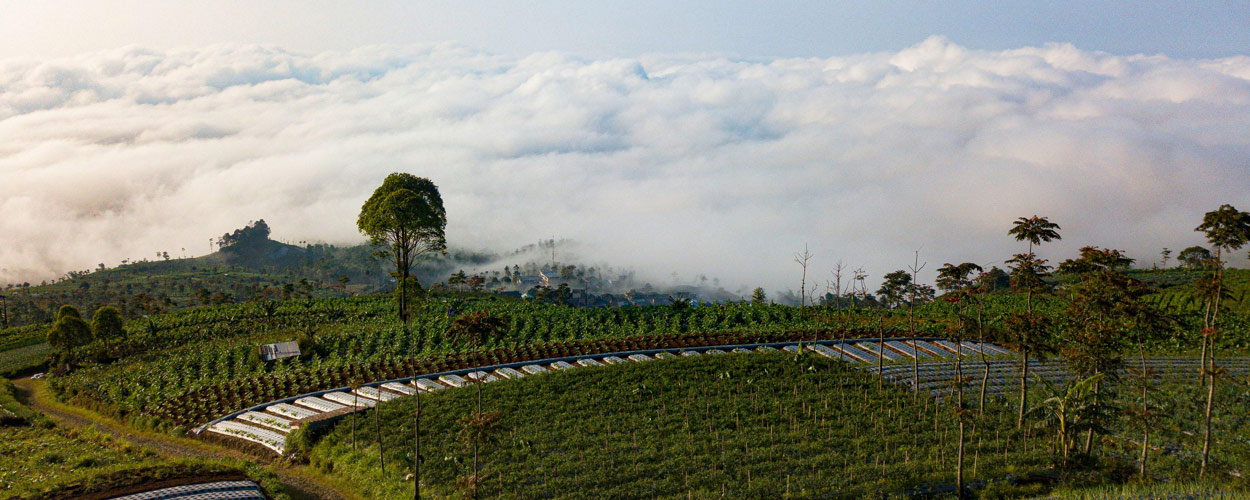
Throwing gasoline on the cocaine production: the effect of a supply shock on violence
22-01-2024
Monica Beeder (Norwegian School of Economics)
+

Hidden moral costs of control: Field evidence from performance appraisals in the public sector
13-11-2023
Marcela Ibanez (University of Göttingen)
+

Changing Phenology: Evidence from Nigeria
5-10-2023
Ivan Kim Taveras (Bocconi University)
+

Mobile Internet and Political Polarization
4-9-2023
Nikita Melnikov (Universidade NOVA de Lisboa)
+

Fairness in times of crisis: Negative shocks, relative income, and preferences for redistribution
9-2-2023
Anna Hochleitner (University of Nottingham)
+

Nation-Building Through Military Service
31-1-2023
Juan Pedro Ronconi (Brown U)
+

Medicaid for middle-class families? Job loss and health insurance coverage of parents and children
30-1-2023
Mariana Zerpa (KU Leuven)
+

Legal uncertainty and its consequences: A natural language processing approach
27-1-2023
Maximiliano Sosa (Uppsala)
+

The Effect of a Conditional Cash Transfer on Child Marriage: Evidence from Mexico
25-1-2023
Dalila Bernardino (EUI)
+
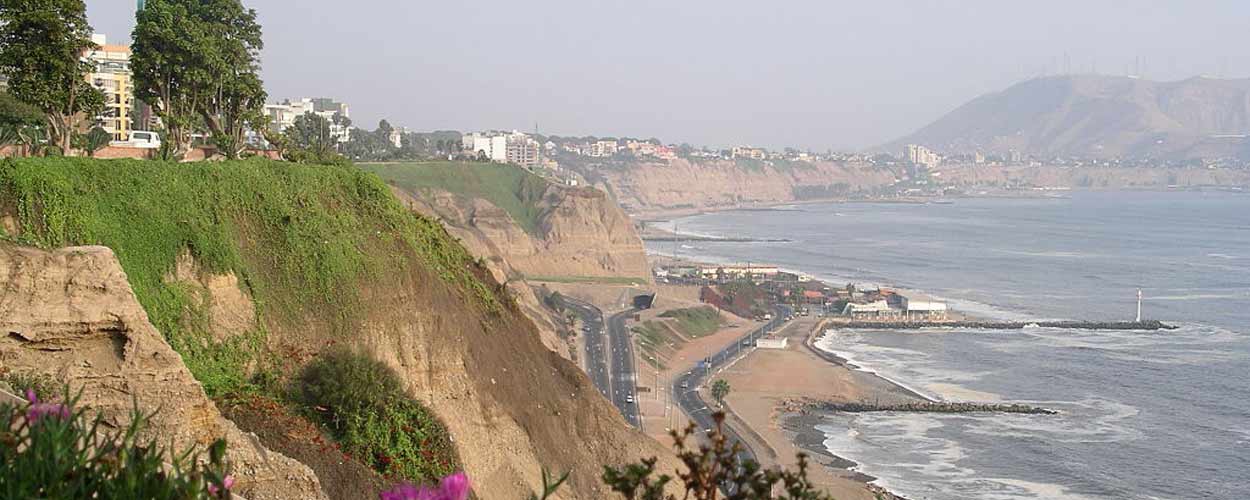
Labor Market Power, Self-employment, and Development
13-12-2022
Francesco Amodio (McGill University)
+

Comparative Advantage and Technology Diffusion: a Menu-based Approach to Dissemination
14-11-2022
Karen Macours (Paris School of Economics)
+

The Role of Meritocracy and Pay Progression in the Public Sector
10-10-2022
Gianmarco León-Ciliotta (Universidad Pompeu Fabra)
+
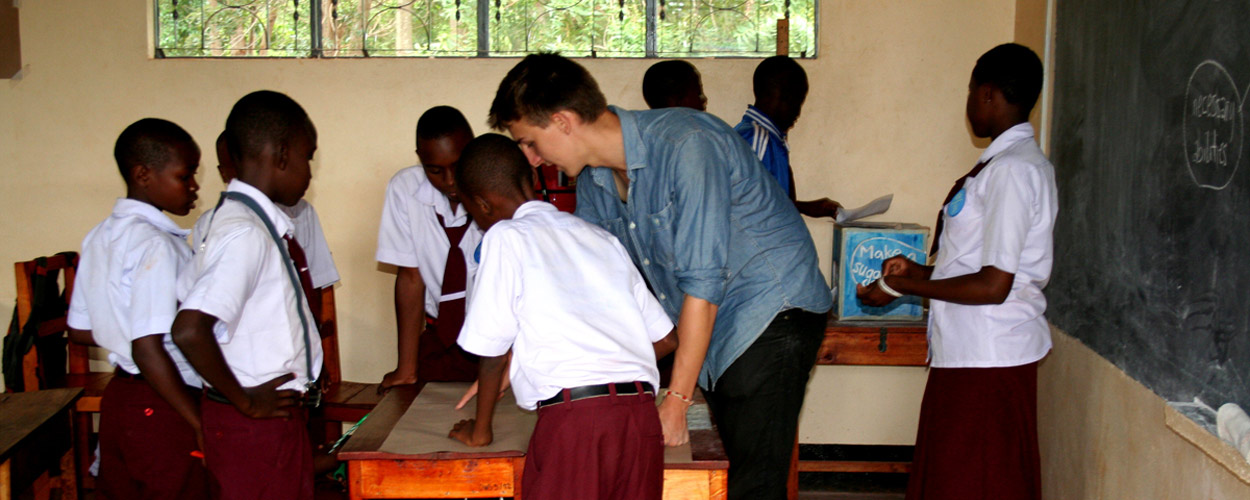
Secondary School Access Raises Primary School Achievement in Tanzania
12-9-2022
Wayne Sandholtz (Nova School of Business and Economics)
+

Stay, split or strike: theory and evidence on secessionist vs centrist conflict
13-6-2022
Sabine Flamand (Universitat Rovira i Virgili)
+
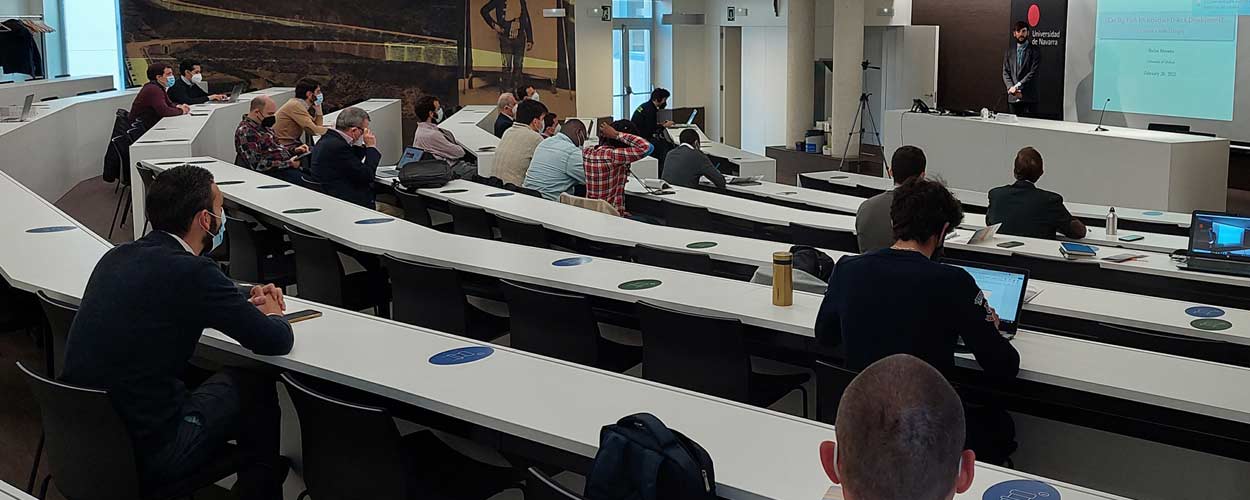
Who Watches the Watchmen? Local News and Police Behavior in the United States
9-5-2022
Nicola Mastrorocco (Trinity College)
+
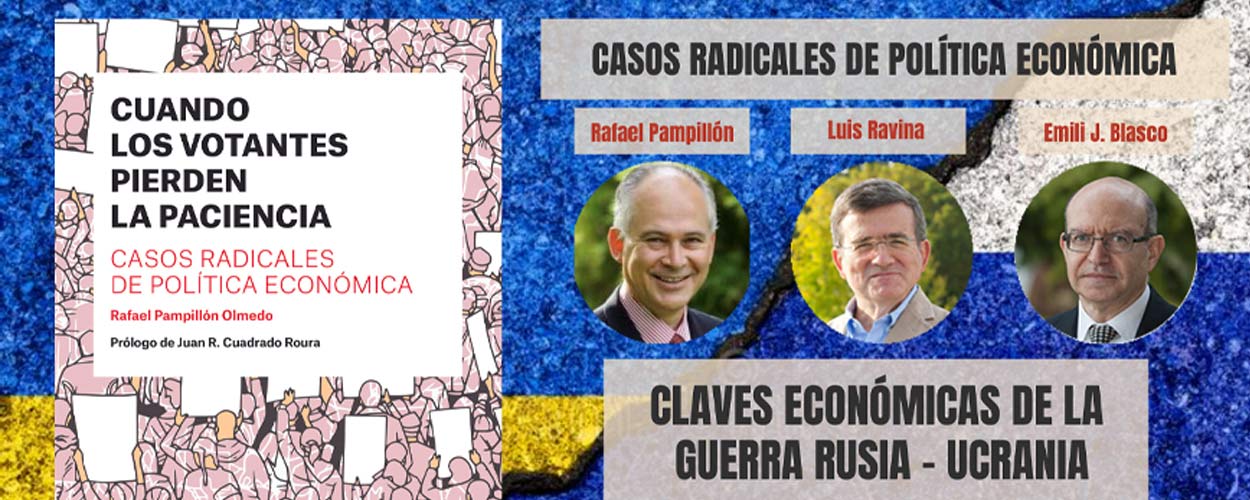
Claves económicas de la guerra Rusia - Ucrania
16-3-2022
Rafael Pampillón (IE Business School), Luis Ravina (Universidad de Navarra) y Emili J. Blasco (Universidad de Navarra)
+

Energy and Environmental Issues in Developing Countries
28-2-2022
Niclas Moneke, Jevgenijs Steinbuks, Jacopo Bonan, Carlo Andrea Bollino, Raúl Bajo-Buenestado, Paloma Grau, Luis Ravina
+

Urban deprivation: from Earth Observation to Urban Policies
10-12-2021
Monika Kuffer, Stefanos Georganos, Pere Roca, Anthony Boanada-Fuchs
+
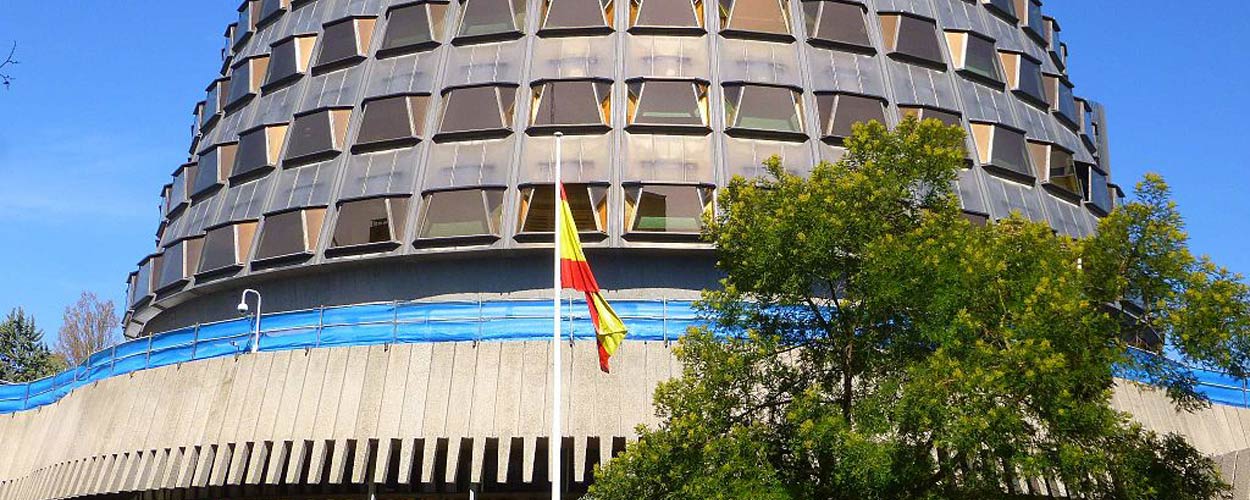
Checks and Balances and Nation Building
30-11-2021
Agustín Casas (CUNEF Universidad)
+

The trend-cycle connection
4-10-2021
Hernán Seoane (UC3M)
+

Educational Mobility Across Multiple Generations in Indonesia
13-9-2021
Jan Stuhler (UC3M)
+
NCID resident fellow Ignacio Campomanes obtains a grant of the Atlantic Council to do research on the dimensions of freedom
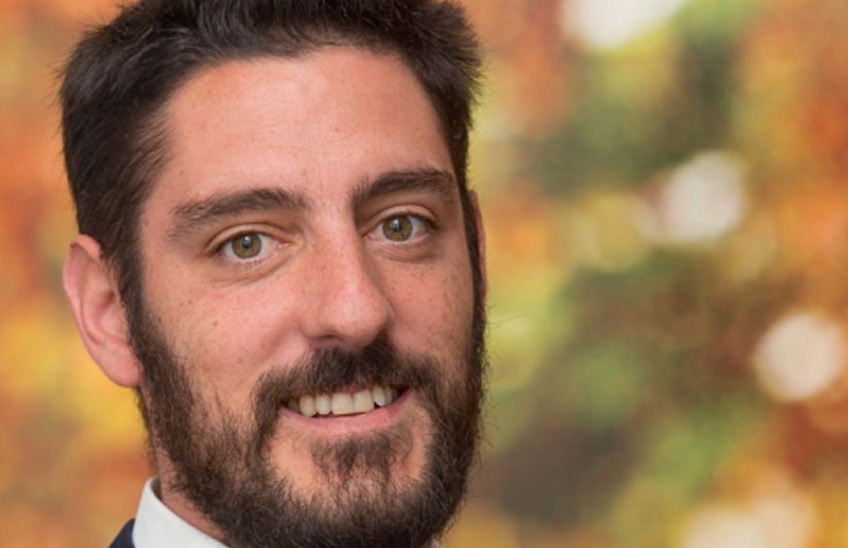
05 | 07 | 2022
The Atlantic Council’s Freedom and Prosperity Center and the Acton Institute have awarded Ignacio P. Campomanes, resident fellow of the Navarra Center for International Development at the Institute Culture and Society in the University of Navarra, a Freedom and Prosperity Academic Grant to finance a research project titled “Paths to Prosperity: Interactions between Rule of Law, Economic and Political Freedom”. These grants aim to promote research that explores the concepts of freedom and democracy, and the mechanisms through which they affect overall prosperity.
“A simple look at the world today reveals a clear picture: the most prosperous countries are almost without exception established democracies where freedom and fundamental rights are preserved and defended,” explains NCID researcher Ignacio P. Campomanes.
The also Economics professor at the University of Navarra adds that “anyhow, historical and current examples of democracies that failed to deliver prosperity for their citizens show that freedom and democracy are not sufficient conditions for economic development”.
In fact, according to Campomanes, “the strong economic growth of China and other non-democratic countries in the last few decades could lead some to the conclusion that freedom is not even necessary to generate increasing prosperity, hampering the embracement of liberal democratic principles among least developed countries, and fostering the wave of populism and democratic backslide in the developed world”.
This research project aims to shed light on the freedom-prosperity debate by developing a new theoretical framework that unbundles the different dimensions of freedom (legal, economic and political), analyzes their interactions and linkages, and the mechanisms through which they affect development and prosperity.
The first phase of the project will run from July to December 2022, and has been funded by the Atlantic Council and the Acton Institute with 54,072€. It will review the delineation of these components of freedom proposed by legal scholars, political scientists and economists, as well as the existing empirical counterparts that have tried to measure them across countries and time.
Ignacio P. Campomanes hols a double B.A. in Economics and Law from Carlos III University in Madrid (2010) and a PhD in Economics from the University of Minnesota (2018). He spent the 2018/2019 academic year as a post-doctoral fellow at the National Bureau of Economic Research and, since 2019, he is a resident fellow at NCID. His research lies at the intersection of political economy and macroeconomics with projects on topics such as the relation of inequality and social mobility with fiscal redistribution and economic growth, the effectiveness of foreign aid in the presence of political constraints or the dynamic determinants of politico-economic unions.
